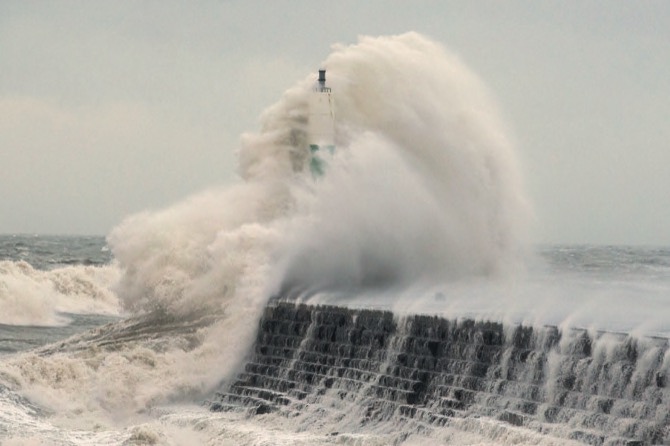 |
| YA for All Ages London 1665 |
~*~*~*~
 |
| Capt Kidd in NY Harbor. It was traditional to have wives & lovers aboard before sailing |
Research takes
me to different eras and locales. One of those places is on a wooden ship
slicing through the ocean's heavy swells. I have several books that describe
the building of them, their terminologies, but few mention what it was like living
on board. Until now...
Oh, I knew
ships were crowded. Cages of ducks, geese and chickens lined the main deck
rails. Cows and goats were harnessed to masts. Below decks, the magazine and filling
rooms sat close together but the powder room was farther astern. Safety, you
know, even as ships sometimes spontaneously exploded.
 |
| Capt Kidd's New York home |
Seamen would often re-use
old gun cartridges that, after a while, would deteriorate to a fine dust, and
combined with particles of sulphuric and nitric acids found in gunpowder, a
highly combustible substance called ‘guncotton’ would form. This friction of
dust and gunpowder would cause terrific explosions, sinking the ship and
everyone on board.
Upward to
several hundred men crowded onto a vessel. Captain Kidd, the privateer who
turned pirate in the last years of the 17th century, had one hundred
fifty-two men and boys cheek to jowl aboard his ship Adventure Galley. Men had to sleep in shifts.
 |
| Inaccurate renduring of Capt Kidd |
The decks were
so short, maybe 5 feet ceilings, everyone had to walk in a permanent crouch. Unless
a seaman was given express permission from the captain, no fire could be taken
below decks, and unless the decks had gun ports, it was damn dark down there.
“’No man will
be a sailor who has contrivance enough to get himself into a jail,’ observed
Samuel Johnson. ‘For being in a ship is being in jail with the chance of being
drowned... a man in jail has more room, better food and commonly better
company.’
“Every
available inch below deck was taken up with water-casks, barrels of salt beef,
peas, beer; coils of ropes, bundles of extra canvas;” a private cabin or two,
depending on the ship’s rate. These cabins were 4x4 feet. No one could stretch
or pace. One had to sleep in the fetal position.
“For landsmen,
novices at this naval dormitory, the smell of that sleep chamber was gagging.
Their overworked fellow sailors rarely changed their clothes or bathed; to top
off the aroma of vintage sweat, toilet hygiene was rudimentary at best.
“The ship’s
head (i.e., toilet) consisted of a plank with a hole in it, which extended
forward from the bow; a sailor perched on it, rode it like a seesaw, and, while
doing his business, resembled some gargoyle or perverse bowsprit; the ship’s
rail might provide the merest amount of privacy. A man attempting to tidy his
ass risked a plunge into the sea.”
 |
| Sailor being flogged |
Even as
existence such as this seemed pretty unpalatable, it got into the blood of men.
Once they found their sea legs and learned the ways of the sea, many wouldn’t
leave it for all their stolen treasure. If they didn’t like what their captain
did, they could always mutiny, throw the offending captain overboard (as the
Henry Hudson’s crew did) and sail away into the stormy sunset.
~*~*~*~*~
Many thanks
to:
Wikicommons,
public domain
The Pirate Hunter, The True Story of Captain Kidd by Richard Zacks. Hyperio, NY, NY. 2002
Tuesday 4 August, 2015: http://www.independent.co.uk/news/uk/home-news/the-london-after-350-years-the-riddle-of-britains-exploding-fleet-is-finally-solved-10438854.html






































